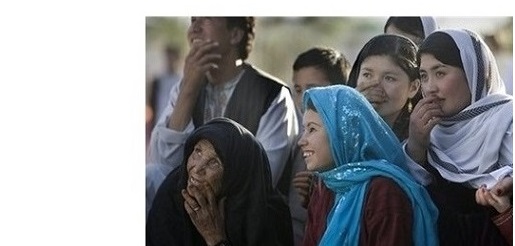Conflict has a strong negative effect on low-income countries' growth, while entrepreneurial activity is a key determinant of economic development. So understanding the relationship between conflict and entrepreneurial activity is extremely important. On the one hand, conflict may reduce entrepreneurial activity, although there is evidence of resilience. On the other hand, private entrepreneurial collaboration can either reduce or increase the gains from conflict. In the first case one could observe a virtuous cycle of private entrepreneurship, conflict reduction and growth. In the second case one could observe a vicious cycle where entrepreneurship maintains conflict, which induces more war related entrepreneurship.
Data is scarce in conflict affected countries, and so there have been only a few studies that have explored the effect of conflict on private enterprises. Some have found the expected negative relationship between conflict and entrepreneurial activity (using exports as a proxy). Other studies have found that exposure to violence increases entrepreneurial activity, often in resource intense industries, promotes pro-social behaviour that can be conducive to entrepreneurship, which may substitute for basic institutions and infrastructures. These conflicting findings highlight the need for detailed empirical research to disentangle these causal relations.
The cornerstone of the analysis is a unique data set built from a series of risk and vulnerability assessment (NRVA) surveys that cover around 25,000 households per year over the whole of Afghanistan. The surveys were carried out in three waves from 2003 to 2008. In the first phase of the project the researchers will (i) build a pseudo panel out of the three rounds of repeated cross-sections, exploring a new method to build the panel based on geographic data; (ii) build a comparative cross-section database using the LSMS (Living Standards Measurement Study) household survey from Iraq (2008); and (iii) update and enrich the subjective and objective indicators of conflict intensity in Afghanistan collected and organised by Ciarli et al. (2010) and collect conflict indicators for Iraq.
The researchers will use this data to test the causal relation between conflict and private enterprise through time and across different contexts. They will focus on the household's choice among income generating activities including formal and informal activities such as small businesses, self-employment, illegal activities such as opium cultivation, agriculture and employment in the private and public sectors. This will allow them to address key research questions such as: which households are more likely to maintain an entrepreneurial activity, under different levels of conflict? How do institutions and reconstruction efforts affect this choice? What role do missing markets – credit, inputs, and labour – play in the household choice? Is entrepreneurship under conflict conducive to development?
* The findings and observations expressed in the research project and in any related outcomes are those of the investigators and do not necessarily reflect the views of the OECD.






